Laboratories are stimulating places for Science students and since our children need to, practice their hands on experiments. The Physics, Chemistry & Biology Laboratories at Krishna Public School cater to the needs of CBSE experiments. Every student is an enthusiastic scientist in the making, and they spend part of their school time in laboratory. They try to explore, probe and experiment to find the truth behind the facts of life, to solve problems, to fend off madness and chaos that result out of ignorance and preconceived notions.
Present day is the time of scientific advancement and information technology where computers are becoming indispensable. It is made sure that the Kids are in no way left behind whether it is the usage of Multimedia kits for computer games and animations, or for advanced software development.
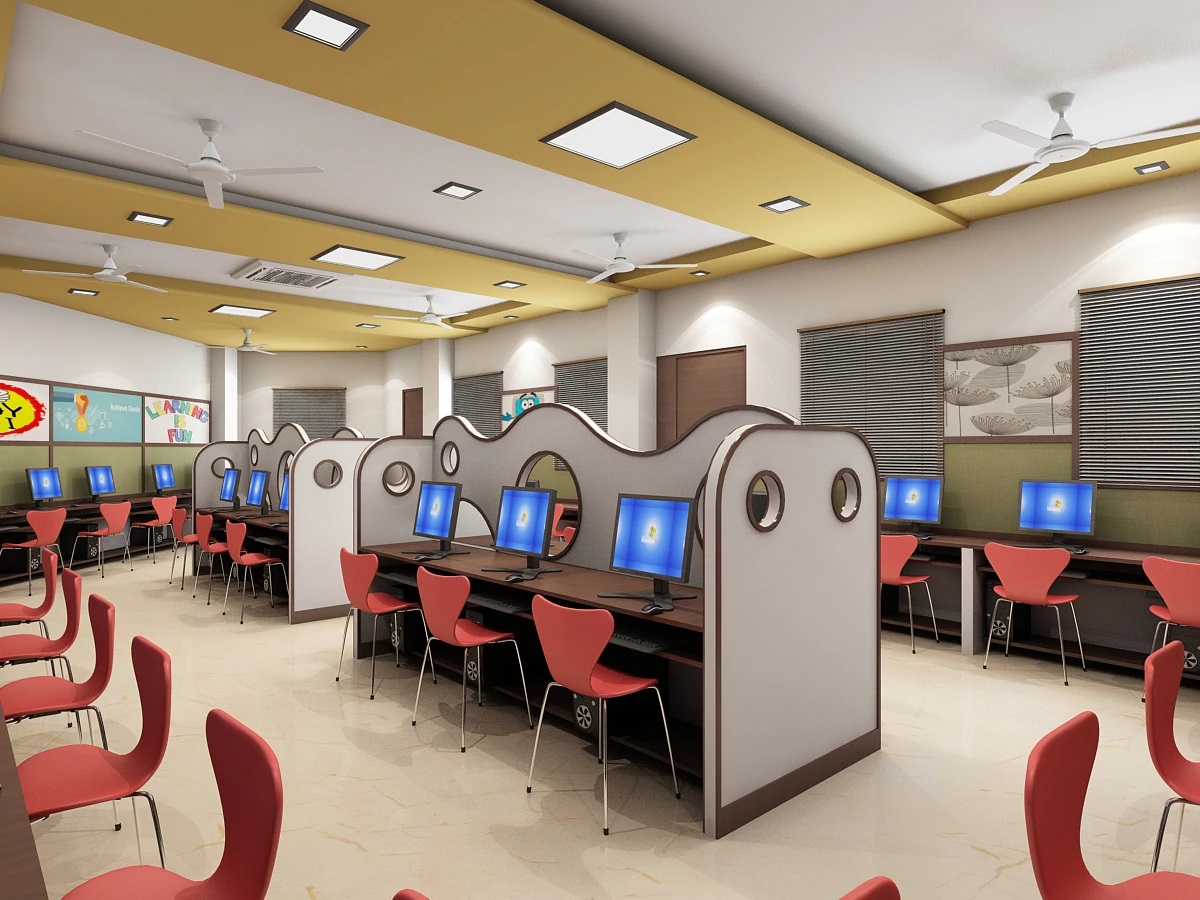

Keeping in mind focus on the complete understanding of science subjects, Science labs offer an inside coverage of subjects like physics, chemistry, biology and environmental science. We focus on developing high order thinking skills among children. The hands-on learning kits are targeted towards stimulating young minds.
Experimental instruments related to various branches of physics are arranged separately.Physics laboratory is a place where experiments of Physics are carried out. As we know physics is that branch of science where experimentation is an integral part of the core subject. Physics is “the scientific study of matter and energy and the relationships between them, including the study of forces, heat, light, sound, electricity and the structure of atoms”.
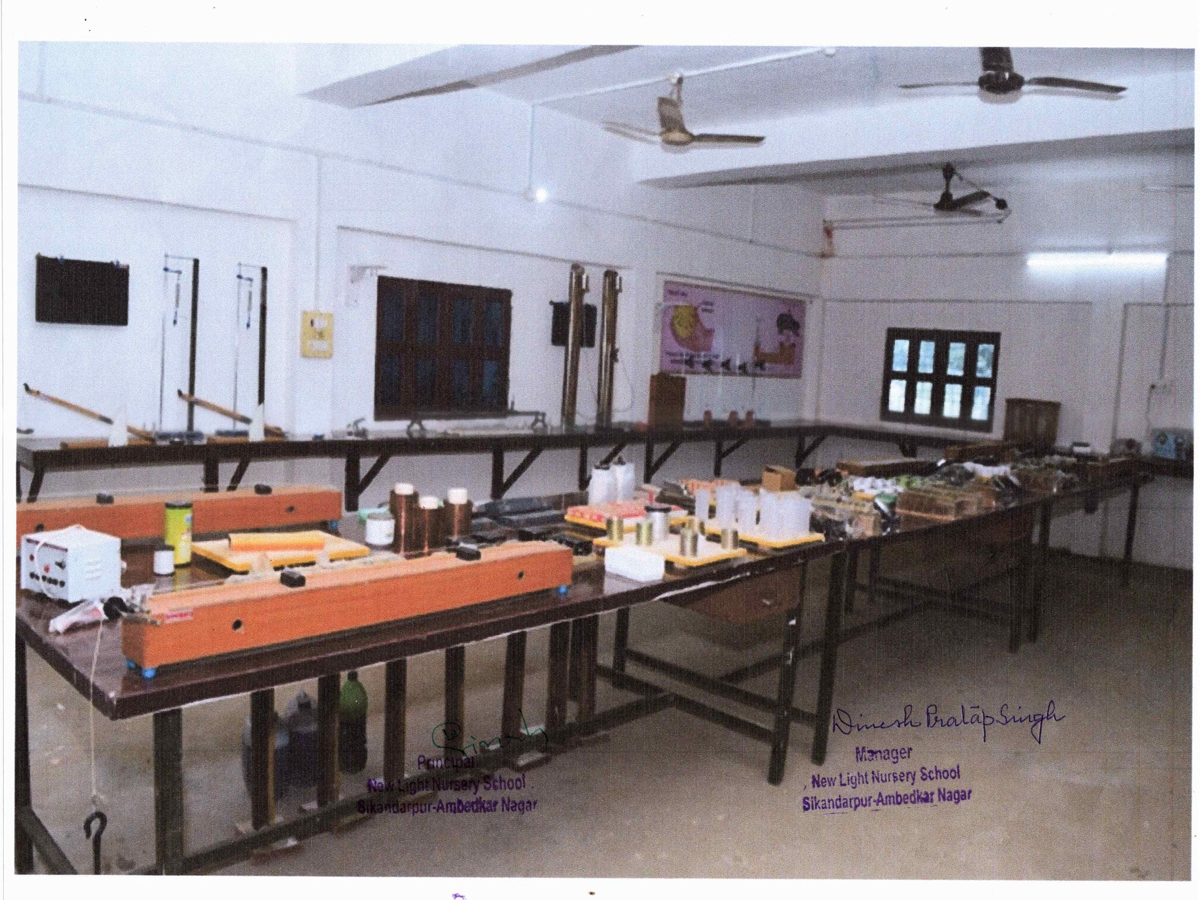
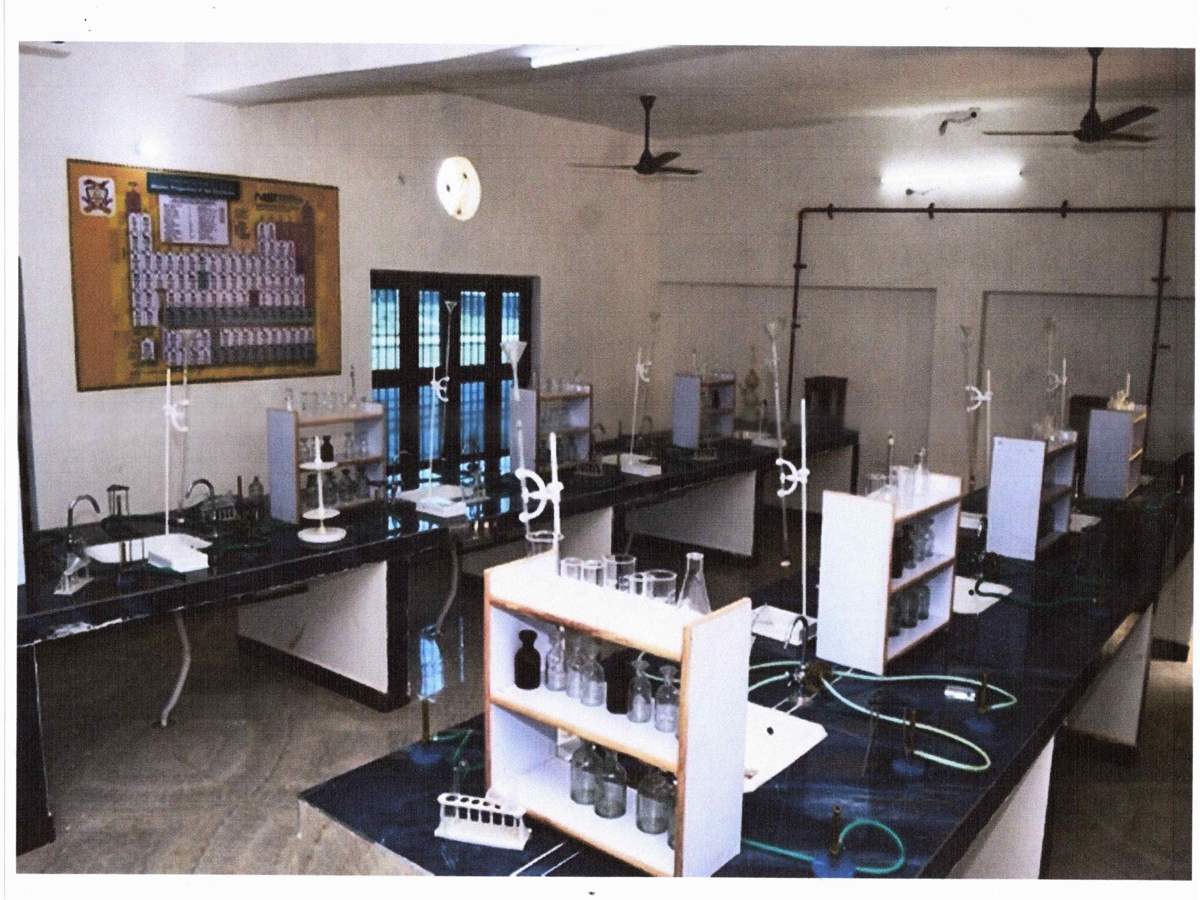
Chemistry lab is the required component of all chemistry courses not only to give experiments their due place in the subject but also to promote in general, an experimental culture in the school system.
Biology Lab have a large number of microscopes, projection microscopes & other modern teaching tools like charts, fiberglass models, clay models etc.
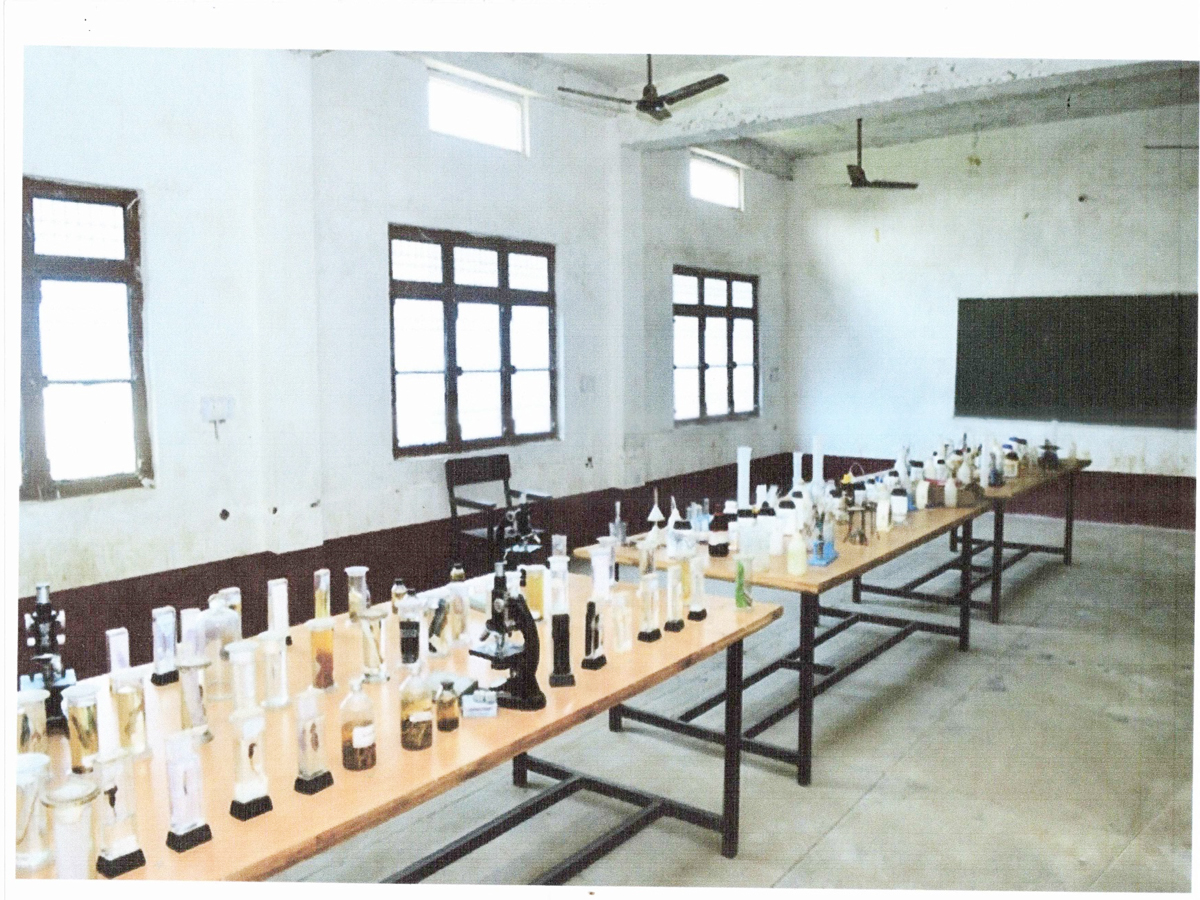
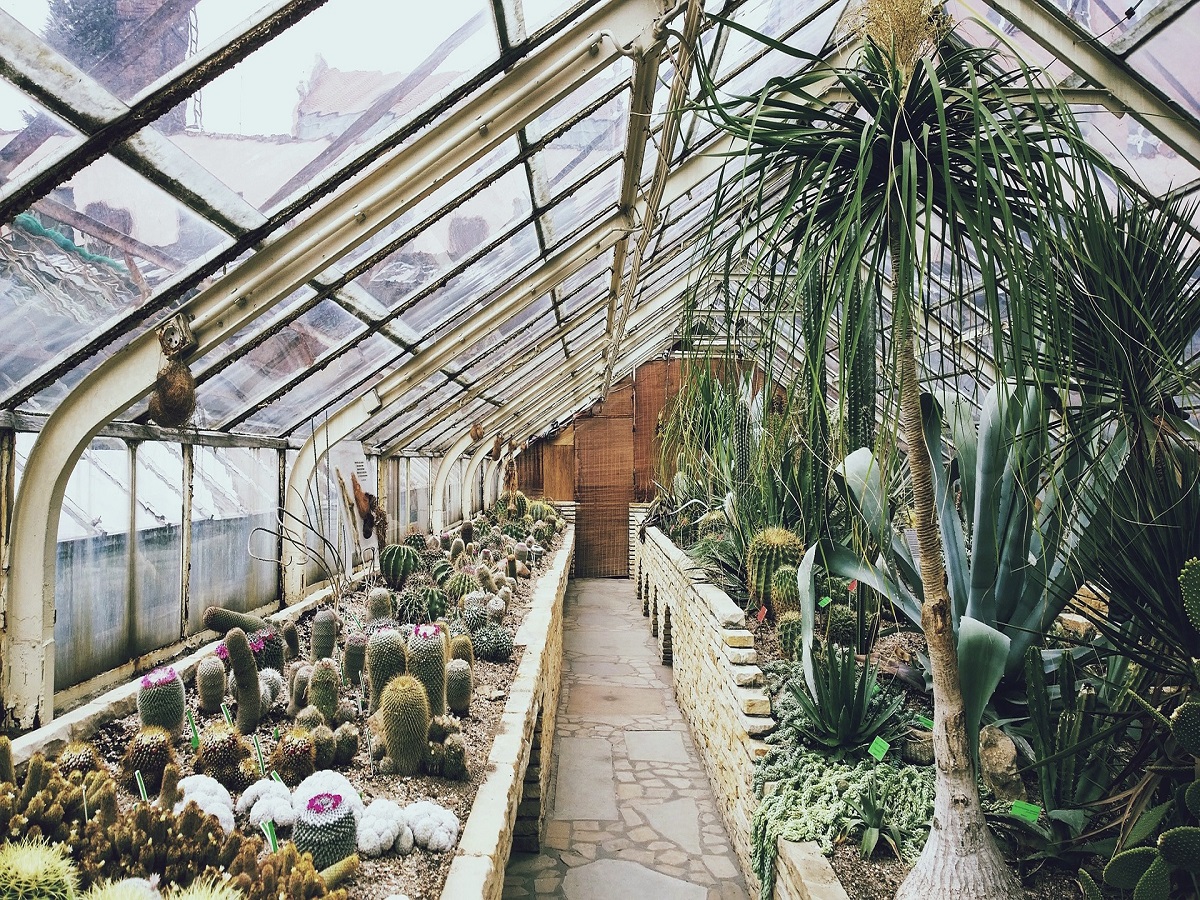
Environmental science is an interdisciplinary academic field that integrates physical, biological and information sciences (including ecology, biology, physics, chemistry, plant science, zoology, mineralogy, oceanography, limnology, soil science, geology and physical geography, and atmospheric science)